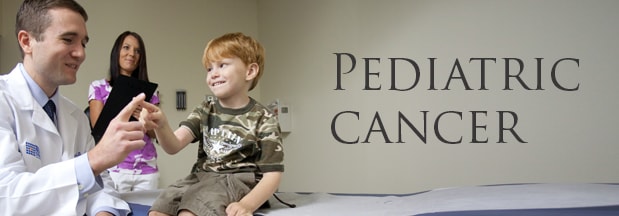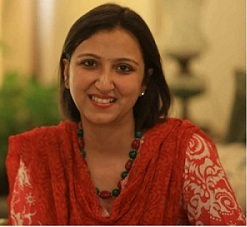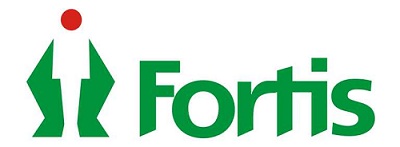Cancer is considered as the most deadly disease and is indeed a slow killer. The impact that cancer has not only on the patient but also their immediate familial and social circle, is tremendous. It is often seen that apart from the physical changes in a person, there is social and psychological impact too.
Adult cancer patients in comparison to paediatric patients, have a stronger understanding towards the disease and thus the capability to handle the same is much higher.
Having your child diagnosed with cancer can cause shock, grief, anxiety and even anger. This affects parents drastically and they tend to become overprotective and can hinder life skills of children due to the illness.
Children therefore become more concerned and overtly conscious of their own health issues, which can impact their daily living. Children may develop the fear of death and have anticipatory anxiety that something may happen to them or their loved ones. Children have problems coping with the stresses of treatment, surgery, chemotherapy, and radiation. Psychosocial effects can manifest as increased levels of depression, anxiety, and concerns about mortality.
 On the other hand, older children are very perceptive. Adults may feel that kids don’t understand what is happening but that is untrue. Therefore one should not discuss everything or ones fears constantly in front of the child. It can cause a trauma for the child if not handled sensitively and not told in a child friendly manner.
On the other hand, older children are very perceptive. Adults may feel that kids don’t understand what is happening but that is untrue. Therefore one should not discuss everything or ones fears constantly in front of the child. It can cause a trauma for the child if not handled sensitively and not told in a child friendly manner.
This traumatic experience can place a child in developing serious social and behavioral complications. These children tend to develop Post Traumatic Stress Disorder (PTSD), face difficulties in academics, relationship with peers are weak as well as worries about having any future at all.




















